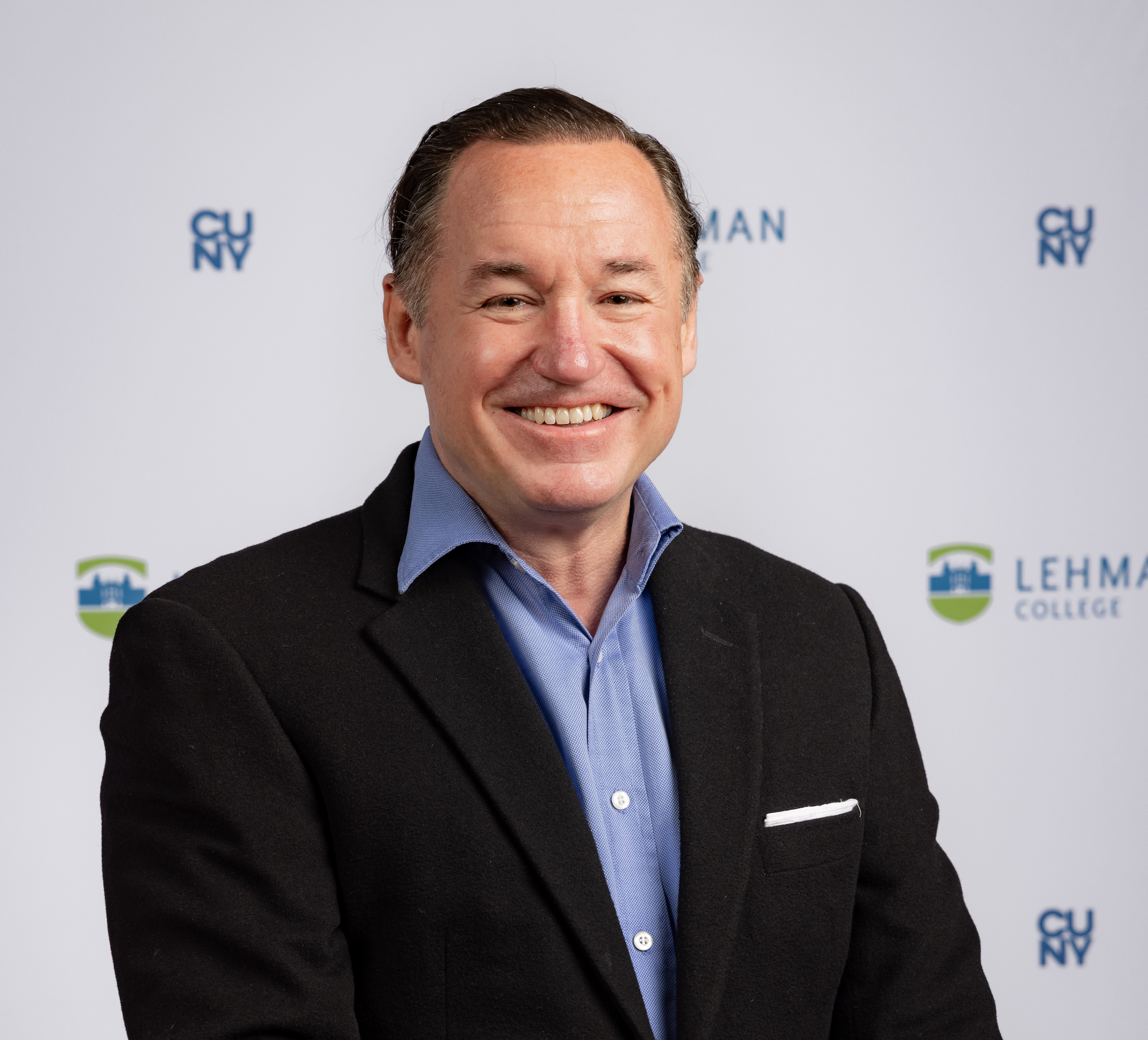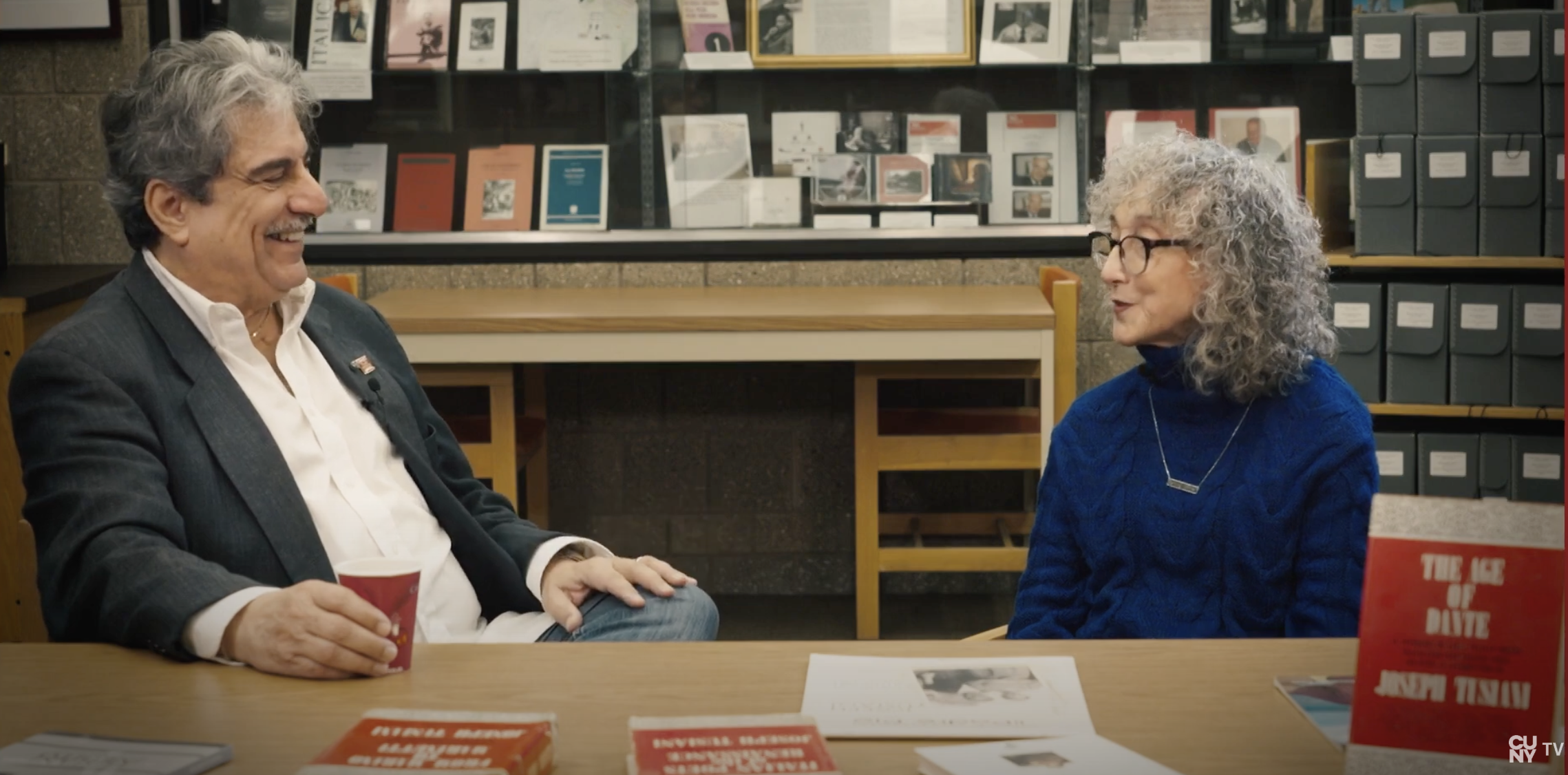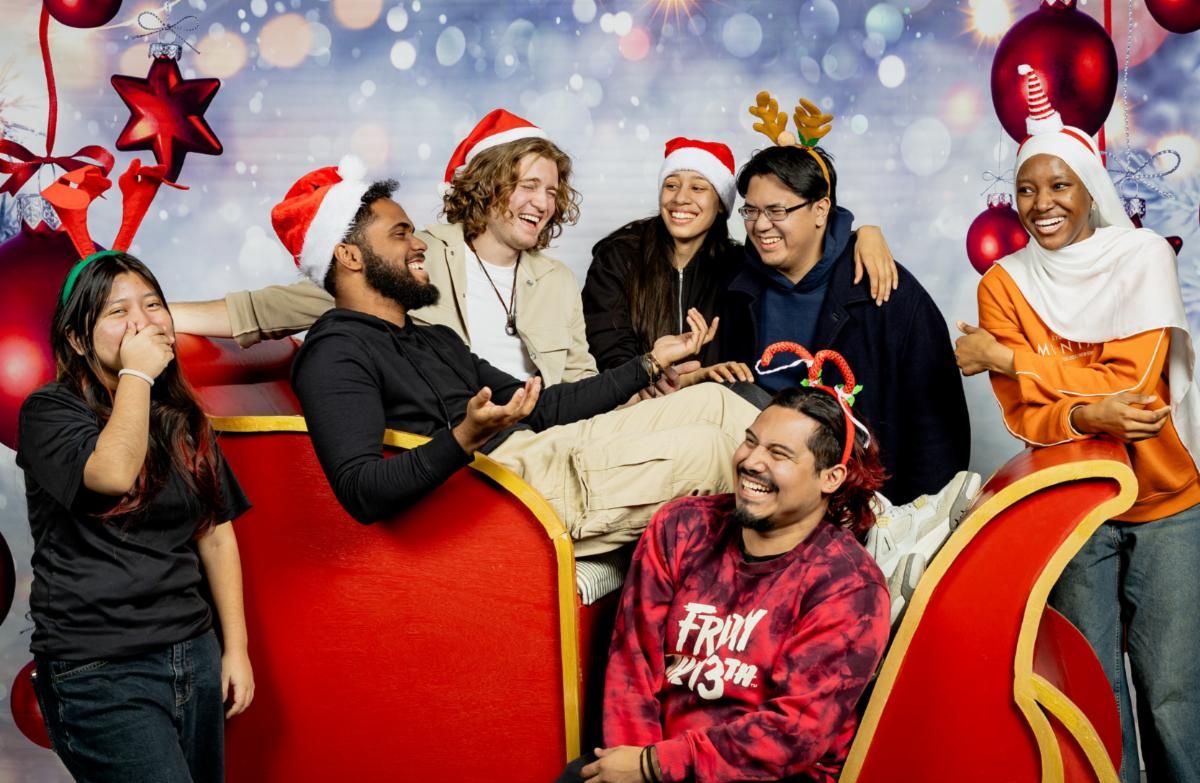- Lehman College >
- News >
- 2025 >
- Faculty Spotlight: Joaquin Monserrate
News
Search All News
Wednesday, December 31, 2025
CONTACT
Office Hours
Monday - Friday 9am - 5pmClosed Sat. and Sun.
RELATED STORIES
December 30, 2024
December 19, 2024
Faculty Spotlight: Joaquin Monserrate

September 3, 2025
U.S. Foreign Service Officer Joaquin Monserrate, most recently acting Undersecretary of Civilian Security, Democracy, & Human Rights, is starting a new assignment this year: Substitute Associate Professor in Lehman’s Department of Latin American and Latino Studies. A 25-year veteran of the State Department and five administrations, Monserrate is motivated by curiosity and a passion for open dialogue, and he’s excited to share these values with students—along with critical lessons in democracy, global perspectives, and civic responsibility. Here he reflects on his trajectory, which began with an interest in academia, took an unexpected detour from law, spanned assignments around the globe, and has finally brought him to the classroom. (This interview has been edited for length.)
Q: What first drew you to the Foreign Service?
A: I was a trial attorney when the new International Criminal Court was established to bring those responsible for Yugoslavian war crimes to justice. I wanted in, and I thought joining the Foreign Service was the way in. It wasn’t—but I decided to give it a try, telling myself I could always leave if I didn’t like it. In 26 years there was never a minute when I didn't love it. It was such an honor to be the face of our country overseas. As a diplomat it’s incumbent to show the best of our country at every opportunity. I think we need that today more than ever.
Q: What did you find most rewarding about that work?
A: Showing people that America is more than what movies, propaganda, or YouTube shows them. It’s a multi-ethnic, multi-opinionated, generous, and yes, sometimes erroneous country—but one that can acknowledge mistakes and move forward. As a Puerto Rican, I wasn’t sure I fit the mold of what an American “should” look or sound like, but every single one of my colleagues welcomed me fully, and it was rewarding to be the face of America as my authentic self.
Q: What connects your careers in journalism, law, and diplomacy—and now, academia?
A: Curiosity. Having an open discussion, trying to open eyes, whether you're writing the lead story, trying to convince a jury, drawing attention to human rights violations, or teaching students about the U.S. and Latin America, it all connects.
Q: One of your courses will take up the idea of the “rule of law.” Why is that important?
A: We live and die by the rule of law. Our democracy relies on people playing by the rules, whether or not those rules are written and enforced. The day we lose that, we'll have regressed. Even when one opposes the rules of the game, we must uphold them. It's what made us and many other countries what we are today. I just want to pass the torch to those who will have to uphold it.
Q: After your long diplomatic career, how does it feel to be in The Bronx?
A: Having spent so much time overseas, I always wished I had opportunities to live in parts of the U.S. that I only experienced as a tourist—places like the West Coast, the Midwest or New York City. Now I'm here and, in many ways, it’s as thrilling as taking on a new assignment overseas.









